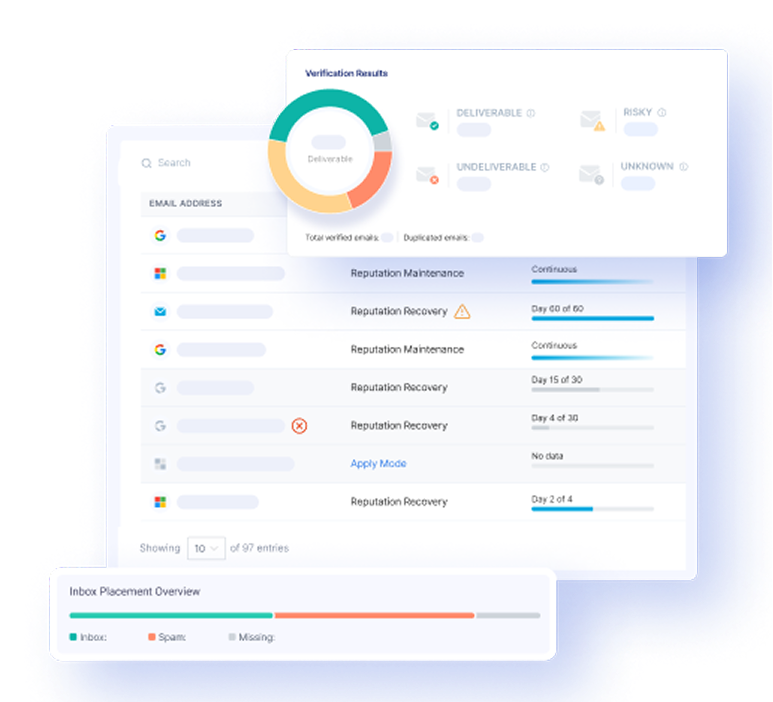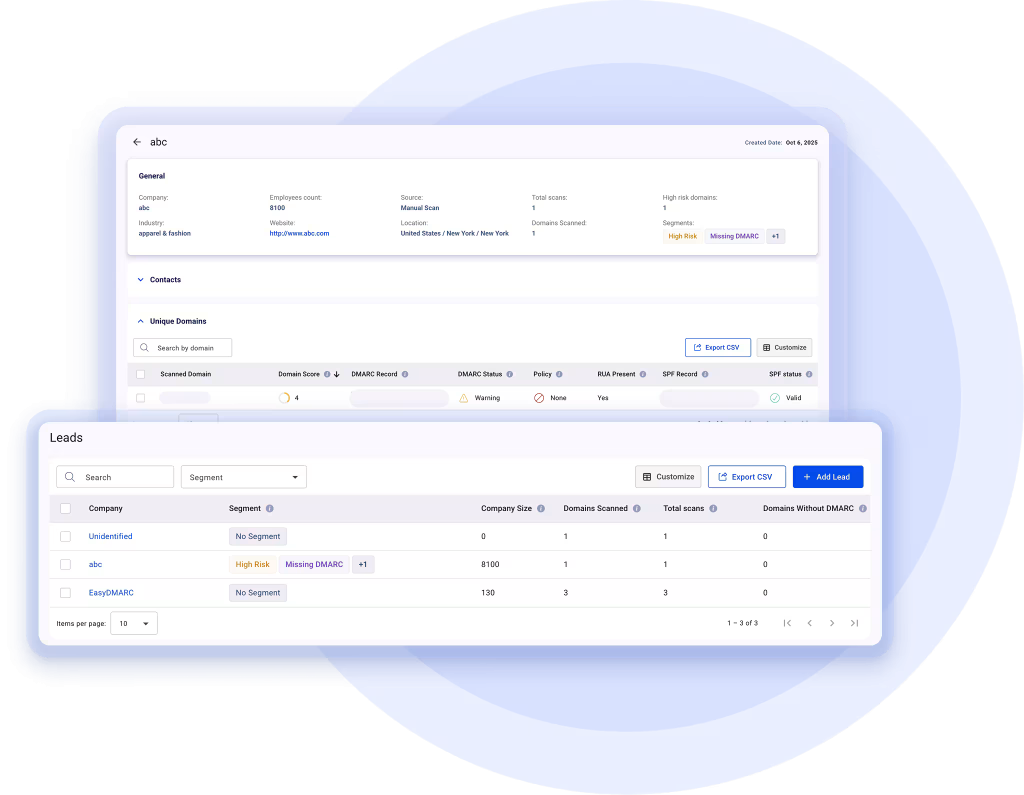New research has highlighted the level of spoofing and phishing vulnerabilities in top-level domains across India.
EasyDMARC, a cloud-native email authentication platform, examined 81,037 Indian domains which revealed that the majority of them are inadequately protected against cyber threats.
Out of the total active domains surveyed, 54.7% lacked proper email authentication measures, leaving them highly vulnerable to spoofing and phishing attacks.
The research team at EasyDMARC identified the absence of DMARC (Domain-based Message Authentication, Reporting, and Conformance) protection in 43,565 domains, leaving them entirely vulnerable to email-based threats.
Despite slow uptake, there were also positive findings:
37,472 active domains within the sample had implemented DMARC, showcasing a recognition of its importance in enhancing security. Despite this, among these domains, 23,123 had set their DMARC policy to ‘p=none,’ meaning that they only monitor their domain infrastructure without taking steps to restrict phishing attempts. Additionally, 6,838, or 8.4% of domains had implemented the ‘p=quarantine’ policy, meaning suspicious emails are sent to ‘quarantine’ rather than getting rejected. Only 9.2% of the total active domains implemented the ‘p=reject’ policy, the ultimate protection against phishing and spoofing attempts.
This research underscores a substantial gap in security awareness and implementation across Indian domains. The absence of DMARC protection leaves a majority of domains vulnerable to brand impersonation, business email compromise and ransomware attacks originating from phishing and spoofing attempts.
Gerasim Hovhannisyan, CEO and co-founder of EasyDMARC commented on the findings, stating, “The research highlights the critical need for domain authentication in the Indian digital landscape. Without proper safeguards, Indian organisations, including governmental bodies and local businesses, are at risk of data breaches, cyber events, and financial losses. This issue calls for immediate attention to boost the security posture of Indian domains.”





